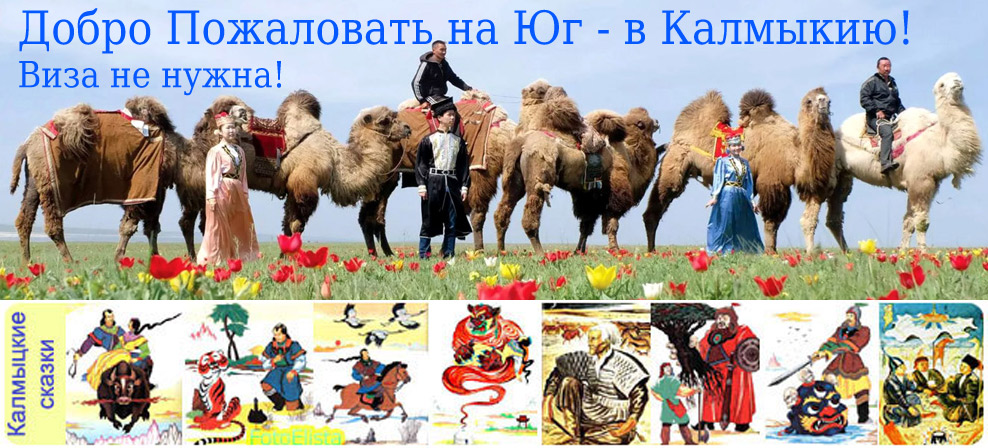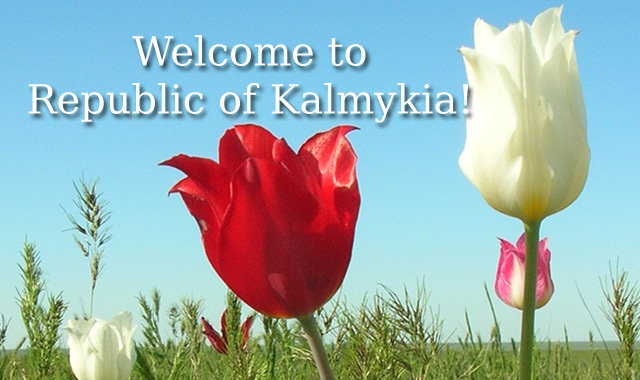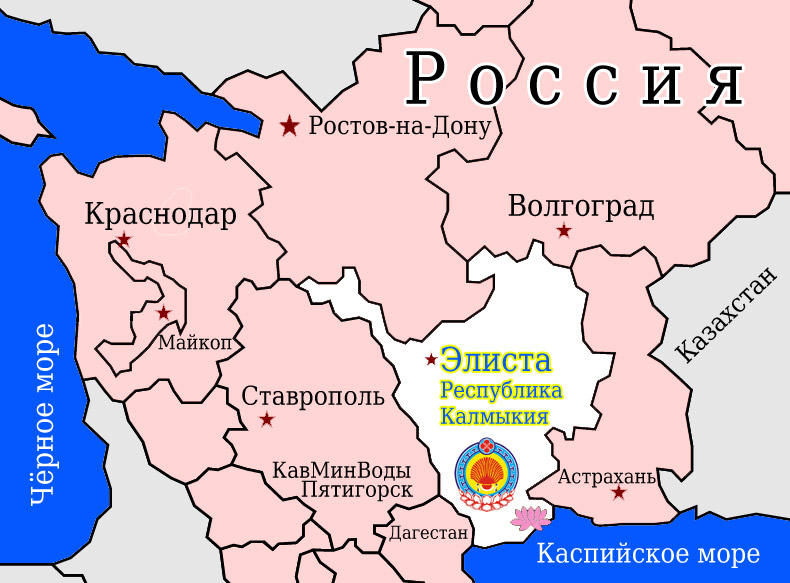The orphaned girl who lived at her step-mother’s
The orphaned girl who lived at her step-mother’sOnce upon a time there lived an old man and an old woman with two daughters from previous and current marriages of the old man; they had three cows. The daughter from the previous marriage of the old man tended cows; she was not given any food. When she suffered from hunger and cried, calling for her dead mother, the mottled cow was sorry for her and fed her on cakes and sweet things that she defecated. The girl who did not have meals and tended the cows became more beautiful; it became possible to tend a horse herd and do needlework by the light of her beauty. “Why have you been becoming more and more beautiful? Who has been feeding you?” her step-mother said. She beat the girl almost to death. The girl could not help telling her: “I have been feeding on excrement of the mottled cow”, she said. So the next day she sent her daughter to graze their three cows from that time on. The mottled cow did not feed the old woman’s daughter. As the mottled cow did not excrete cakes, the old woman decided to slaughter the mottled cow. The step-daughter told her mottled cow: “They are going to slaughter you” – and she cried. Then her mottled cow said: “Do not sorrow for me after slaughtering me; after I have been slaughtered, take my large intestine with my excrement in it and throw it onto the hill”, she said. After the mottled cow had been slaughtered, the girl was allowed to graze the remaining two cows again. Cakes and sweet things grew as thick as pearls and corals in the large intestine thrown onto the hill. The girl ate them and became more beautiful. It became possible to tend a horse herd and do needlework by the light of her beauty. One day, while she was out tending their two cows, she met the khan’s son, who was out hunting. Seeing her, the son of the khan forgot about the beast that he was hunting and gazed at her, admiring. He became almost skew-eyed. “Who are your parents? I will seek your hand in marriage *; tell me where you live”, he said. She told him where she lived and he went to the old man and the old woman. “You will soon receive my proposal * to your daughter”, he said and left. 
When the girl came home, the old woman said: “The khan’s son has proposed to you”, and seated her own daughter under a white silky curtain * and said: “Why has he proposed to this girl who tends cattle? Why has he not proposed to my daughter who stays home?” – she became angry with her step-daughter and took her along to Lake Shikirlu *. She pushed her into Lake Shikirlu and killed her by drowning. When the khan’s family came in a wedding carriage, the old woman gave her daughter to them instead of the girl that he had proposed to. The girl given to the khan’s son had a fly-sized botfly larva in her right cheek and a suslik *-sized botfly larva in her left cheek. As the khan’s son had no right to withdraw, he had no way out and had to bring her along to his home. He got married to her, and while they were living not badly, Lake Shikirlu dried up. After the lake had dried up, there was unbearable heat and the subjects of the khan moved to another place. An orphaned white camel calf went out of Lake Shikirlu and followed them, bellowing. When the khan’s family found a place to stop *, the wife of the khan’s son was seized with a grave illness. Healers held a great conference and conferred about what would cure the wife of the khan’s son, and when she was asked what would cure her, she said: “I will recover if I drink a broth made of the orphaned white camel calf following us ever since we moved from the shore of Lake Shikirlu”. When herdsmen rode their horses to drive the camel calf in and slaughter it, she told them: “Let it in and slaughter it without spilling a drop of blood and make a broth quickly”. Even though they followed the order of the wife of the khan’s son exactly and thoroughly, a drop of the blood was spilled on the right lower part of the kibitka * and the next day an orphaned poplar grew of the spilled blood. They were frightened by the tree and moved again. There were no sages who could know why the poplar had grown. Then the wife of the khan’s son said: “Sages, I know the thing that you do not know: the poplar has been sent by the heavens to be a cradle for the boy that I bear”. They looked for a man to make a cradle and brought an old cowkeeper along, who succeeded in chopping down the poplar and felled it without chopping off even a chip, but while he was making a cradle, a nit-sized chip was chopped off the tree and fell into the old man's bosom *. The old man made a cradle and came home, and while he was taking off his coat beside a fire * in the evening, a beautiful silver-incrusted pipe with a golden chain and a cigarette holder one and a half sazhens * long fell out of his bosom. The old man picked up the pipe and thought that he had by accident taken the pipe of the wife of the khan’s son; he prayed and bowed three times *, put it onto a chest and fell asleep. He got up in the morning and looked in the direction of the pipe but found a girl of thirteen sitting in front of the chest. The old man stood up: “Girl, where are you from? Whose daughter are you?” as the old man asked, the girl answered: “I have come to be a daughter for childless people and be a relative to people who have no relatives”. The old man with the old woman seated her on their right laps and kissed her on the right cheek *, taking her away from one another, and adopted her. The cowkeeper acquired a daughter, and he was living not badly when the wife of the khan’s son sent messengers to call two hundred girls together to make a black sable fur coat for her husband. Two messengers called the girls together and one of them said: “Let’s go to the old cowkeeper”, but the second said: “No, the cowkeeper has no daughter”, but the first went to him. There was a beautiful little girl at the cowkeeper’s and he said: “Missis, let your daughter go to the khan; she will make a black sable fur coat for him”. The old woman considered the girl to be little and unwillingly let her go. Two hundred girls got together and sat close to one another at the khan’s. The wife of the khan’s son cut out a black sable fur coat and gave the pieces to the girls. It happened that the old cowkeeper’s daughter got a sleeve. The girl did not sew on the given sleeve and whiled away the time. When the black sable fur coat was made, it turned out that a sleeve was not sewed on. “What a mean girl; the sleeve has not been sewed on; you have wasted the time; pass me the sleeve”, the wife of the khan’s son swore at her. The girl flung it to her and the sleeve attached itself to the fur coat. The girls finished making the fur coat and were invited to the feast. At the end of the feast the khan’s son stood up and asked: “Would anybody like to tell a fairytale?”. Two hundred girls kept silent and the cowkeeper’s daughter said: “I know the story told to me by my grandfather”, she stood up and began to speak. She told her story from the time she had tended three cows till the time she had been drowned in Lake Shikirlu and told of the way she had reached the khan’s son. The khan’s son listened to the tale, and having killed his wife and destroyed her body without leaving even a particle, he married the old man’s daughter that he had first proposed to and lived in great happiness. 
To seek someone’s hand in marriage, to propose to someone * - the custom: if a man wished to marry a woman, his parents must go to parents of the woman and his father talk to her father over the matter, and a woman’s marriage might be arranged by the will of her parents against her own will. A suslik * - a name of the animal that inhabits the steppe; it is the size of a marmot and looks like one. Shikirlu *- it means literally “made of sugar, sweet” in translation from Kalmyk; it is an invented fairytale name of the lake. A curtain *- a curtain was hung across a bed in a kibitka * and hid the bed entirely. A kibitka *- a circle-shaped dwelling of Kalmyks with a conical roof and only one common room; it was constructed of six wooden gratings, which were joined to one another with leather loops, and the gratings were covered with felt from outside. A place to stop *- Kalmyks led a nomadic way of life. A bosom * - the space between a garment and skin. A fire *- a fire was made by lighting dried cow pats in a trivet in the centre of a dwelling. A trivet * – a Kalmyk trivet was made of cast iron and looked like a three-cornered boiler. To bow three times * - Kalmyks were very devout; it was done to show one’s respect for the gods. Jersey *- Kalmyks made their clothes of natural wool and wore knitted clothes of fine-fleeced wool. A sazhen *- the ancient measure of length: from someone’s finger tips of one outstretched arm to finger tips of the other outstretched arm; the combined length of both outstretched arms. A right cheek, a right side * – there was a custom among Kalmyks and to kiss someone’s right cheek meant to bless him and show one's respect for him. Also there was an ancient superstition among Kalmyks: the right side was preferable and sacred among Kalmyks. The right side of a dwelling and the right side of a bed belonged to a man; on the contrary, the left side of a dwelling and the left side of a bed were considered to be a woman’s side, and when Kalmyks left home to do some deeds, they used to turn right and go clockwise, as the sun went, to have good luck and succeed.
Translated from Kalmyk into English by Danara Balayeva-Kokayeva Table of contents (Îãëàâëåíèå)



|
|||
|
Âîëøåáíûå ñêàçêè | Ñêàçêè î æèâîòíûõ | Áîãàòûðñêèå ñêàçêè |

| Ñîçäàíèå è ïîääåðæêà èíòåðíåò-ñàéòîâ © 2006-2023 Ñòóäèÿ Ñàíäæè Áóâàåâà |